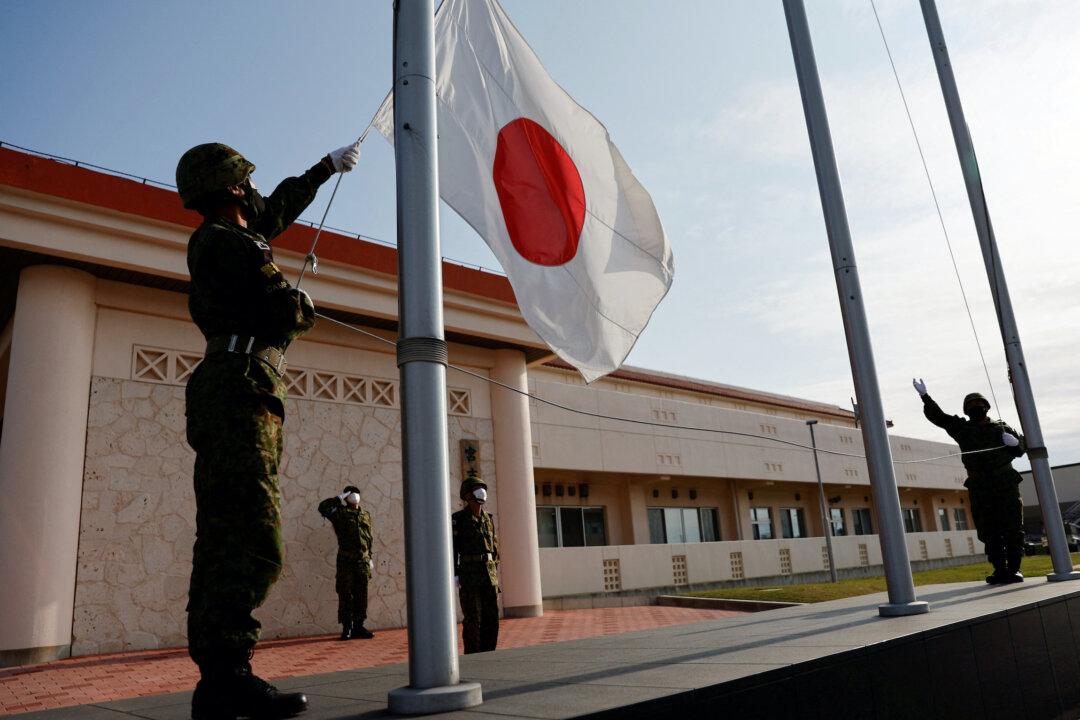Japan and China will restart mutual visits by their defense officers in July after a four-year hiatus amid strained relations, the program’s organizer said on May 30.
Japan’s Self-Defense Forces (SDF) will send 10 senior officers to visit China in July, while the People’s Liberation Army (PLA) members will visit Japan in the fall, the Sasakawa Japan-China Friendship Fund (SJCFF) stated.





